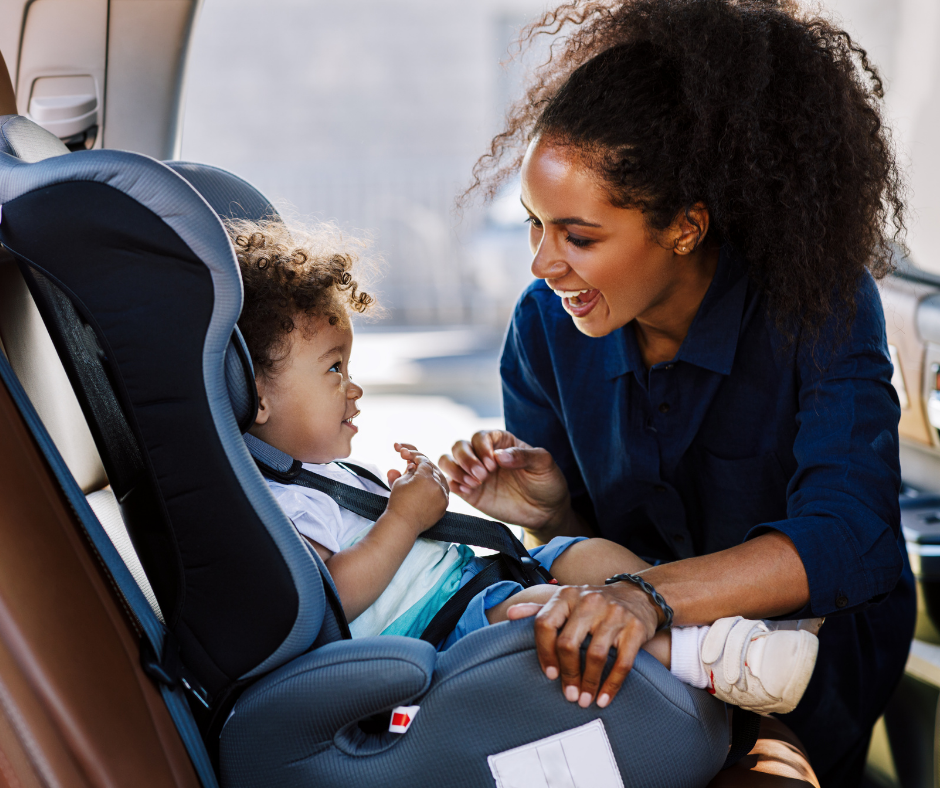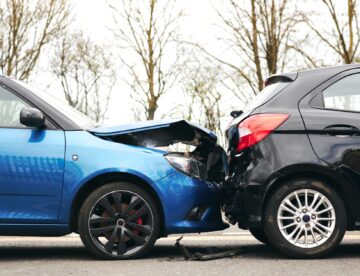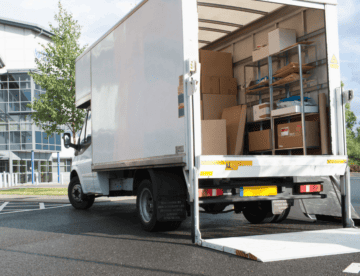
Every 32 seconds, a child under the age of 13 years is involved in a car crash. The use of child car seats and booster seats dramatically increases the chances that those children will survive and sustain less serious injuries. In light of Child Passenger Safety Week, September 20-26, here’s some information about Georgia’s child car seat laws and how to choose the right car seat for your kids.
Georgia’s Child Car Seat Laws
Georgia drivers who transport children younger than 8 years old must provide an appropriate child restraint system that’s located in a rear seat and is approved by the U.S. Department of Transportation. In other words, if you drive a child around, you must buckle that child into a car seat that’s installed in the back seat and is appropriate for their age, weight, and height. Children who weigh more than 40 pounds and taller than 4 feet, 9 inches may wear a standard seat belt and can sit in the front seat of the vehicle.
Choosing the Right Car Seat
There are four main types of child car restraints: rear-facing, forward-facing, booster seats, and seat belts. Always check the product specifications on a car seat before purchasing to ensure its weight, height, and age limits are appropriate for your child.
Rear-facing car seats include infant seats and convertible seats. Infant seats look and act like a cradle for your baby. They come with a harness to securely strap in your baby, and you can detach the cradle from its base. Keep a child rear-facing until they weigh closer to 40 pounds (or as long as possible). Rear-facing seats are the safest for babies because, in the event of a crash, rear-facing seats spread the impact away from his/her neck and head, significantly reducing the chances of serious injury or death.
Toddlers graduate to forward-facing car seats once they reach 40 pounds or once their head is less than one inch from the top of the carrier – usually around age 2. Forward-facing seats allow your child to sit upright but still be strapped in with a five-point harness and a high back and sides, which limits their movement during a crash. Children typically stay in a forward-facing harness seat until they’re 7 years old.
Booster seats elevate your child in the car so that the shoulder belt fits over their sternum and collarbone, and the lap belt fits across their upper thighs. They come backless or with a high back. Kids who ride in booster seats are 59% less likely to be injured in a crash than kids who only use a seat belt. Combination or all-in-one car seats convert from rear-facing to forward-facing, to booster, allowing parents to purchase one seat that serves your child as they grow.
Once your child is big enough to wear a seat belt properly without the aid of a booster seat – once they reach 4 feet, 9 inches in height and weigh at least 40 pounds, typically by age 12 – they should always use a car’s standard seat belts. They should also remain in the back seat. Airbags that deploy in the front of a car during a crash can seriously injure or kill small children.
Need Help Installing a Car Seat?
Almost 46 percent of child car seats are installed incorrectly. Help’s available if you’re unsure about how to properly install your child’s car seat. The NHTSA offers an online directory of car seat inspection stations. Most local police and fire stations offer free car seat inspections by appointment, as well. National Seat Check Saturday is September 26 – a great time to have your child’s car seat inspected for peace of mind.
Be Aware of Car Seat Safety Recalls
One last step before riding safely with your child: register your car seat with the manufacturer so you will receive safety and recall notices. Mail in the postcard that comes with the product, or register online at the manufacturer’s website. Manufacturers build car seats to the best of their ability, but sometimes they discover a material or design flaw. When that happens, companies will usually offer a refund or replacement at no extra cost to you.
Have Additional Questions? Contact Burrow & Associates
Having the right car seat for your child is essential, especially when it comes to protecting them in a vehicle collision. If you have additional questions about car seat safety, or if you need help with a personal injury case, please contact Burrow & Associates at (678) 323-2394. Our team of experienced personal injury attorneys would be happy to speak with you.









